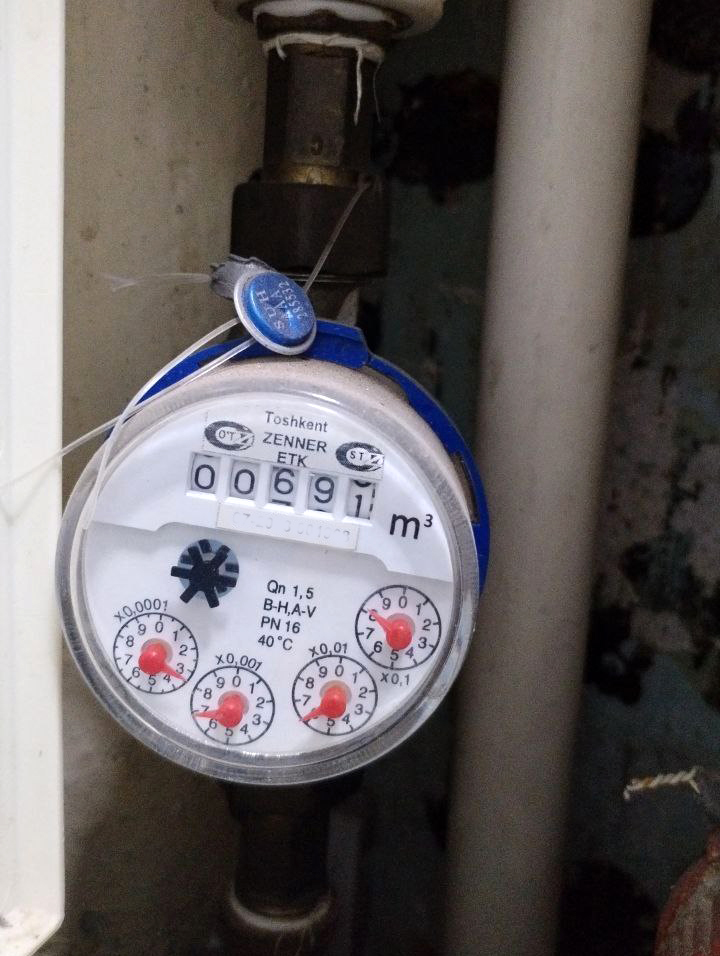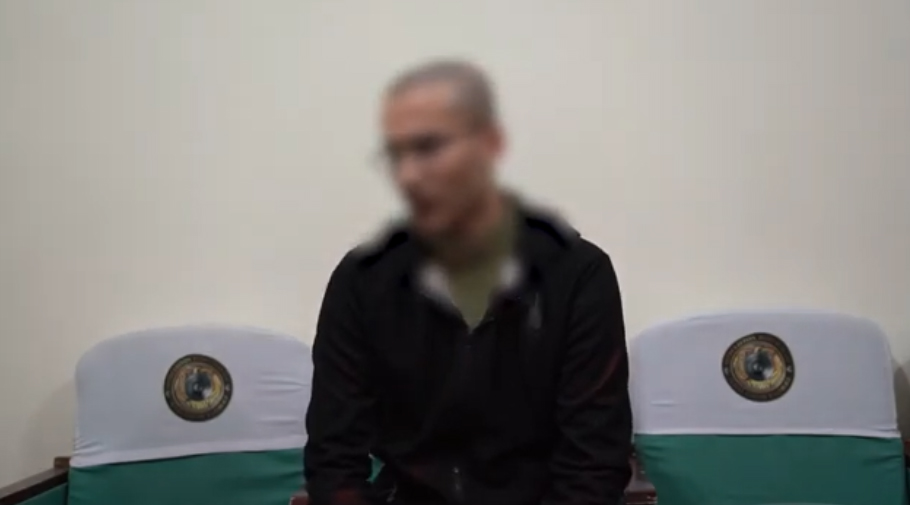This article is also available in:
Русский (Russian)
Uzbek
Recently, it was revealed that an official in the education sector received a bonus for discovering a package containing $5,000 in her office, and a traffic police inspector was given a financial reward for refusing to speak on the phone with a “fixer.” Such cases, where various civil servants receive bonuses and gifts for refusing bribes or performing other similar actions, look like scenes from an absurd play. At first glance, this practice might seem positive: after all, government employees are choosing honesty and integrity, and for that, they are rewarded. But if you think about it, this trend carries serious threats that could not only undermine the fight against corruption but also create new, even more dangerous forms of its manifestation. It’s as if a doctor were rewarded for not killing each patient, or a teacher for not hitting children. Where is the logic in that? Refusing a bribe and doing one’s job should be the norm, not something that requires applause, and when people start getting paid for it, honesty becomes a rare and, unfortunately, purchasable commodity.
Distortion of the Concept of Norms
Corruption is a cancer that erodes citizens’ trust in government institutions, destroys the economy, and undermines the moral foundations of society. In a society where officials start being rewarded for refusing bribes, the very concept of norms becomes distorted.
Honest fulfillment of one’s duties is not a heroic act but a basic requirement. And when bonuses and gifts start being handed out for this, it creates the dangerous impression that honesty is something extraordinary, something that goes beyond ordinary behavior. Such a value system can lead to a situation where following the law and moral principles becomes a rarity that deserves special rewards, rather than a basic obligation.
Subversion of Concepts
Rewarding for refusing bribes is a subversion of concepts. It turns out that, on the one hand, we condemn corruption, but on the other, we create additional incentives for people who should never have even considered breaking the law in the first place.
Such a system creates a vicious circle where honest officials begin to expect rewards for not committing crimes. As a result, you could end up in a situation where the expectation of a reward becomes the motive for refusing bribes, rather than personal moral principles.
Moreover, this practice carries serious risks of strengthening corruption. When officials see their colleagues receiving rewards for honesty, they may be tempted to first create conditions for corruption and then “heroically” refuse the bribe to receive a bonus or gift. In the long term, this will only fuel corruption, making it more hidden and sophisticated. Instead of eradicating evil, we could create new forms of its manifestation.
What Will Truly Help in the Fight Against Corruption
Effective anti-corruption measures require systemic changes: transparency in government procedures, real accountability for corruption offenses, and increased oversight by civil society and independent media. It is important to create conditions where corruption becomes impossible, rather than rewarding people for refusing illegal actions.
Rewards and bonuses should go to those who show initiative in improving government processes, contribute to the country’s development, increase the efficiency of their work, and serve society with honor. However, rewarding the refusal of a crime is a short-sighted and harmful practice that can destroy the remnants of trust in the government and its institutions.
Instead of rewarding honesty, we must make honesty the only possible way of behavior. Only then can we truly defeat corruption and build a society where the rule of law and justice prevails.
The text has been translated by AI. For more accurate information, please refer to the Russian version of the article.











